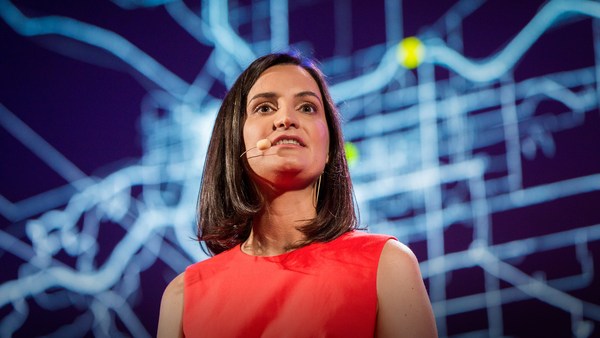Privacy and Prejudice
As technology has become more available, more people have begun to express their worries with the invasion of privacy that comes with the rise of this new form of media. However, this concern is more geared towards the internet rather than other forms of technology. In Catherine Crump's Ted Talk entitled "The Small and Surprisingly Dangerous Detail the Police Track About You," she mentions that concerns with technology should not be just with the internet. Instead, she expresses that technology also plays a role in knowing your current location. With the existence of automatic license plate readers, the government has access to where you go, "if you drive your car around the United States, it can reveal if you go to a therapist, attend an Alcoholics Anonymous meeting, if you go to church or if you don't go to church," she states. She later mentions that specifically in New York City, the NYPD has used these automatic license plate readers past mosques to figure out who is attending.
Hearing that police used this sort of technology to figure out who is attending mosque left me quite intrigued. This practice seemed to be inherently Islamophobic, in that those who practice islam are targeted by the use of automatic license plate readers. According to an article published by The Associated Press in 2012, congregations at mosques were recorded and reported back to the NYPD. The tactics that were used to target the mosques are normally reserved for criminal organizations. For this reason, it is important to acknowledge that a lack of privacy has a strong correlation with prejudice and hurtful stereotypes.

No comments:
Post a Comment